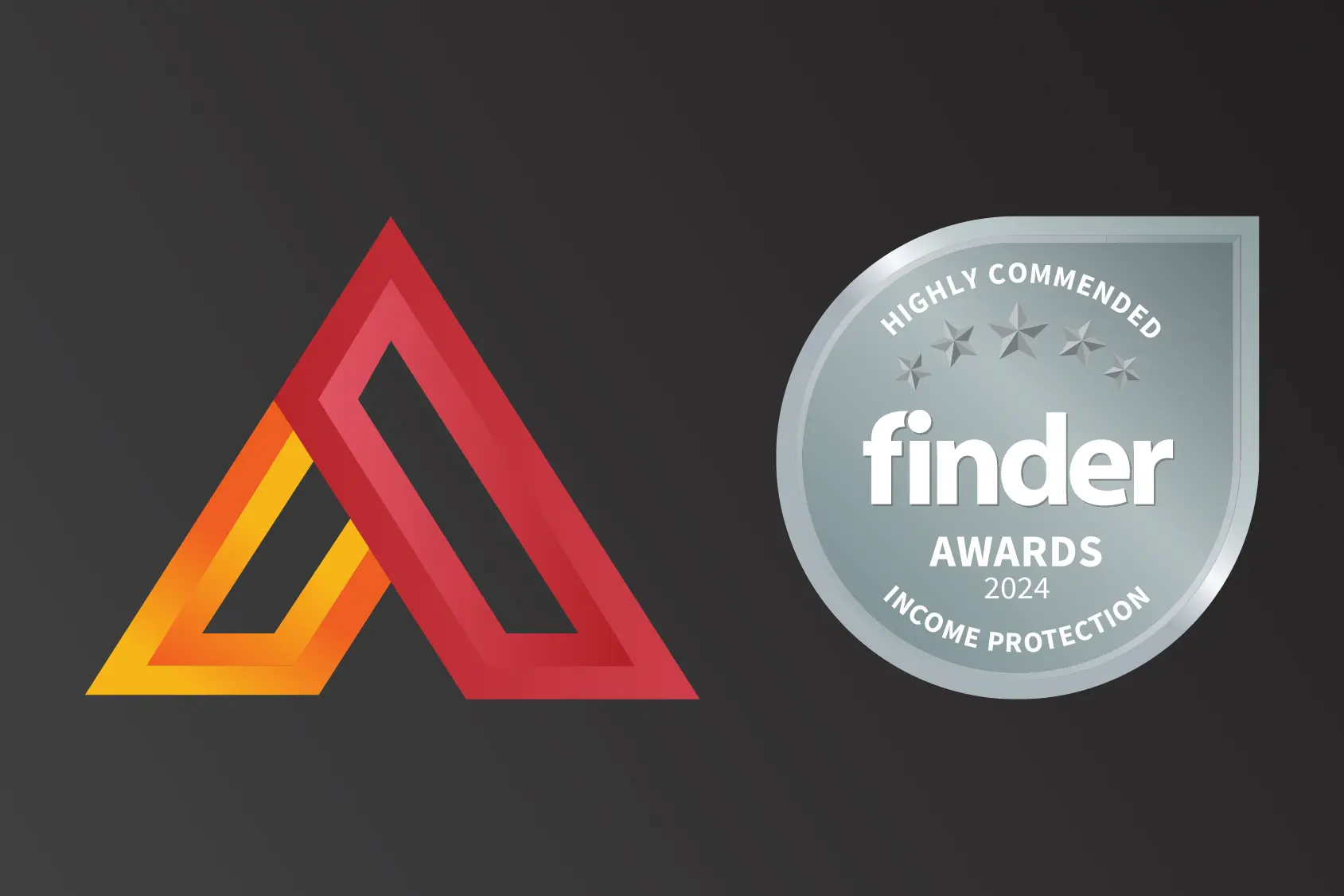At a glance:
- Discover why income protection insurance is essential for those who rely on passive income streams.
- Income protection ensures your passive income continues, even when unexpected health issues arise.
- Customise an income protection policy to align with your unique financial circumstances as a passive income beneficiary.
For many individuals, their primary source of income is derived from their employment or self-employment. However, in today’s dynamic financial landscape, it’s common to strive for passive income or income generated from investments as a means to secure one’s financial future.
In this article, we will explore the significance of right income protection, especially in the context of individuals who have diversified their income streams through passive means.
The Importance of Income Protection
Income earned through employment or self-employment plays a pivotal role in covering daily living expenses, servicing debts, and even funding future financial aspirations. Consequently, failing to implement suitable protection strategies can leave you vulnerable to unforeseen challenges, such as illness or injury, which could render you unable to work and negatively impact your overall lifestyle.
As a result, without adequate protection, an illness or injury could leave you unable to work and negatively impact your lifestyle due to being underinsured. Thus, Income protection (IP) insurance is equally vital for high-income earners and everyday Australians, especially for those who rely on passive income sources. Except for individuals with substantial net wealth or a significant proportion of their income derived from investments
Understanding Passive Income
Passive income refers to the money you earn without actively working for it. Common sources of passive income include rental properties, dividends from investments, interest from savings accounts, royalties from intellectual property, and more. The beauty of passive income lies in its ability to provide financial stability even when you’re not actively working.
Advantages of Passive Income
One significant advantage of passive income is its continuity. Meaning, it continues to flow even if you are unable to actively participate due to health reasons. This can provide a sense of financial security for you and your family, alleviating concerns about income loss in the event of an inability to perform your usual occupational duties.
Income Protection for Passive Income Beneficiaries
Income protection (IP) insurance is a versatile financial tool that can benefit a wide range of individuals, including those who rely on passive income as a significant part of their financial strategy. Passive income beneficiaries equally find it relevant and valuable, not just traditional income sources.
The Scenario for Passive Income Beneficiaries
Consider a scenario where your primary source of income is generated passively. This passive income stream provides you with financial stability and supports your lifestyle choices. However, unforeseen circumstances, such as an accident or illness, can disrupt your ability to actively manage these income sources.
In this situation, income protection insurance becomes a crucial asset. Even though you might not be engaged in traditional employment. IP insurance ensures that you continue to receive financial support during your recovery, maintaining the continuity of your passive income streams.
While you may not need to transition to alternative, less physically demanding work like in the traditional scenario, IP insurance serves as a safety net that reinforces your financial security and peace of mind. It ensures that your passive income continues to sustain you and your loved ones, regardless of unexpected health challenges.
Role of Income Protection Insurance For Passive Income
Passive income can indeed provide a safety net, but it’s not immune to certain risks. Market fluctuations, economic downturns, and unexpected life events can disrupt these income streams. Moreover, passive income alone may not be sufficient to cover all your financial commitments and lifestyle choices.
Unforeseen Health Challenges
Accidents and illnesses can strike unexpectedly, rendering you unable to actively manage your passive income sources. IP insurance ensures that even if you can’t actively participate in income-generating activities, you can still receive financial support during your recovery.
Covering Living Expenses
While passive income provides ongoing financial support, it may not cover all your living expenses, especially if you have dependent or outstanding debts. IP insurance can bridge the gap, ensuring that you and your loved ones maintain your quality of life.
Diverse Income Considerations:
IP policies can accommodate various income sources, including passive income. This means that your insurance coverage can be tailored to consider your passive earnings, providing a comprehensive safety net that aligns with your unique financial situation.
Ensuring Continuity:
One of the significant advantages of passive income is its continuity. Even when you’re not actively working, the income continues to flow. IP insurance complements this aspect by ensuring that your financial security remains intact, regardless of your ability to actively participate in income-generating activities.
Peace of Mind:
Knowing that you have an insurance safety net in place can provide you with peace of mind. You won’t have to worry about how to cover essential expenses or maintain your financial commitments in the face of unexpected health challenges.
Customising Income Protection for Your Passive Income
At Aspect Underwriting, we understand that your financial situation is unique, especially if you rely on passive income sources. That’s why we offer tailored income protection solutions that can be customised to accommodate your passive income streams. Our experienced specialists work closely with you to assess your specific financial circumstances, including the nature and stability of your passive income.
Why wait? Get an income protection online quote today!
We then design a policy that aligns with your needs, ensuring that your passive income remains protected in the event of unexpected health challenges. With Aspect, you have the flexibility to reinforce your financial security by integrating your passive income into your income protection policy, providing you with comprehensive coverage and peace of mind.
Understanding the Scope of IP Policies:
It’s important to recognise that while IP insurance can be a valuable asset for passive income earners. It primarily covers income derived from your labour, often referred to as ‘personal exertion’ income. This includes lost wages, salary, or business revenue that you would have earned had you been physically able to work. Alternative forms of income, such as passive income, are usually excluded from coverage.
In summary, income protection insurance serves as a vital financial safety net, not only for those dependent on traditional sources of income but also for individuals benefiting from passive income streams. While IP policies primarily safeguard ‘personal exertion’ income, understanding their scope and limitations is crucial. Passive income, with its inherent continuity, provides an added layer of financial resilience.
For more detailed information on income protection insurance and its relevance to various income scenarios, consult reputable and reliable sources, Aspect Underwriting. Aspect Underwriting dedicates over 40 years of collective experience to delivering tailored insurance solutions that meet its clients’ diverse needs.






